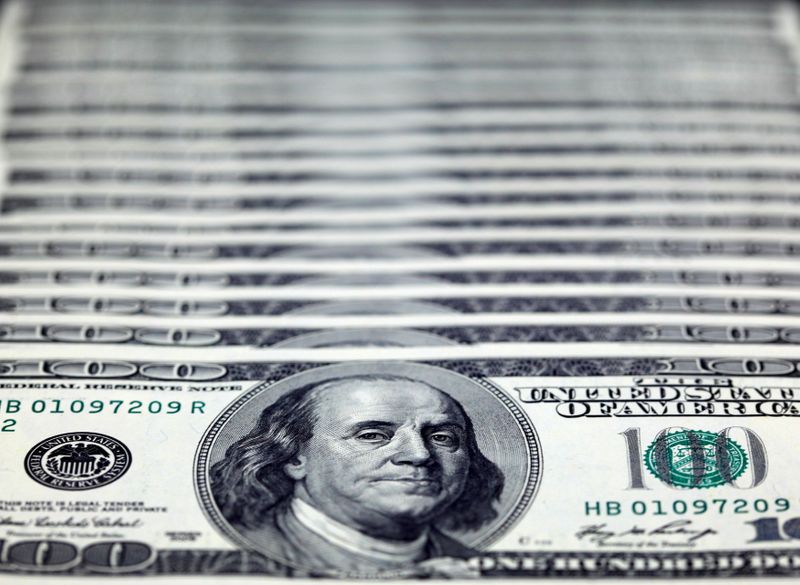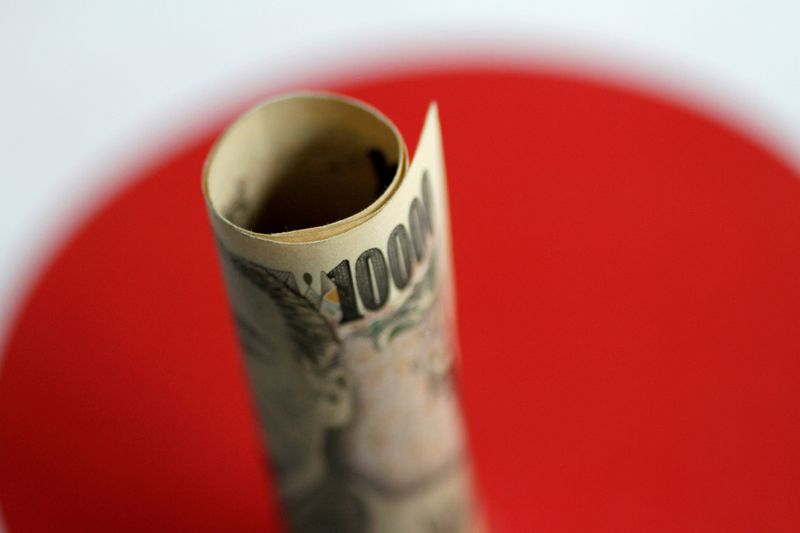By Tom Westbrook
SINGAPORE (Reuters) - The dollar inched higher on Thursday as rising coronavirus cases and scant progress towards a U.S. stimulus deal unsettled investors, while the Aussie dropped to a one-week low after the central bank chief hinted of a possible rate cut or bond buying.
France has imposed curfews as autumn brings a steep rise in infections, and the fear is that a new wave of lockdowns could stall the global recovery just as hopes for U.S. stimulus before the Nov. 3 election are fading.
The safe-haven yen
The Australian dollar
Lowe said Australia's 10-year yield was among the highest in the developed world and the central bank was studying what benefits could come from buying longer-dated debt. He said it was possible to move rates from a record low 0.25% to 0.1%.
"These are pretty explicit policy options," said Westpac FX analyst Sean Callow. "There was enough vibe in there for the market to lean towards (thinking) that they will do something."
Slightly better-than-expected Australian employment data did little to shift those expectations.
Money markets <0#YIB> are priced for a November rate cut and bond markets think the RBA could start buying further along the curve, with 10-year bond futures
Meanwhile, U.S. stimulus plans appear bogged down.
"Getting something done before the election and executing on that would be difficult," U.S. Treasury Secretary Steve Mnuchin said on Wednesday, adding that he and Democrat House Speaker Nancy Pelosi are still "far apart" on their spending priorities.
Delay has supported the dollar for a few weeks, by weighing on investors' sentiment and boosting demand for safer assets.
But a full blown rally has so far been staved off by the expectation that spending happens eventually. Against a basket of currencies the greenback was steady at 93.428 (=USD).
"Do not rule out a more defensive tilt as we approach the U.S. elections, providing some support for the dollar," OCBC Bank strategist Terence Wu said in a note on Thursday.
Sterling
European Union leaders meeting in Brussels on Thursday will pressure Britain for concessions, saying a trillion euros worth of trade could be sunk if London does not budge on fisheries, fair competition and solving disputes.
"The right noises seem to be heard from key officials," said Chris Weston, head of research at broker Pepperstone.

"Given the rising concerns of COVID 19 into a cold and wet European winter, the last thing either side need, but more so the UK, is a move to WTO tariffs," he said. "The prospect of a Free Trade Agreement (FTA), therefore, seems high."
